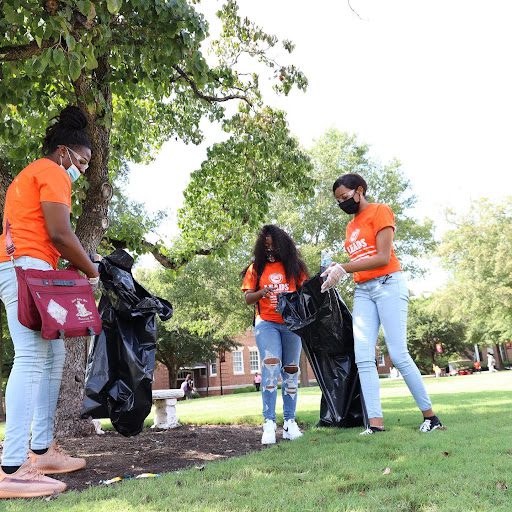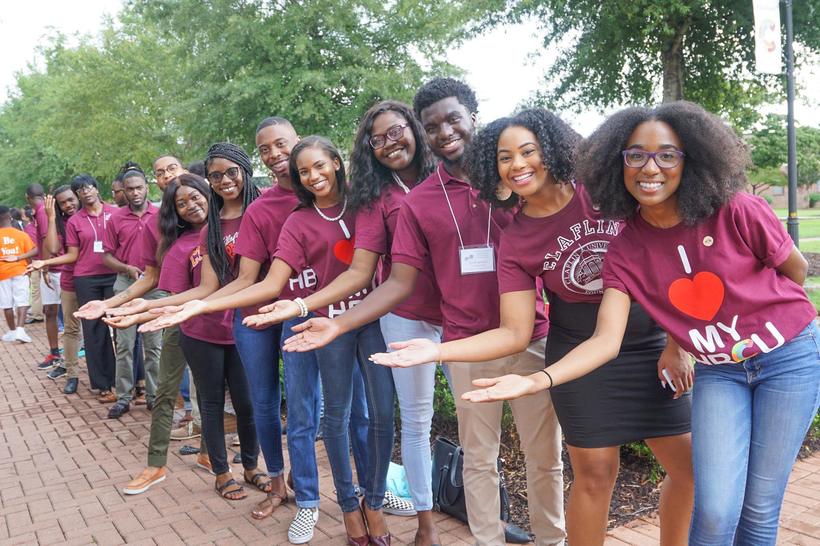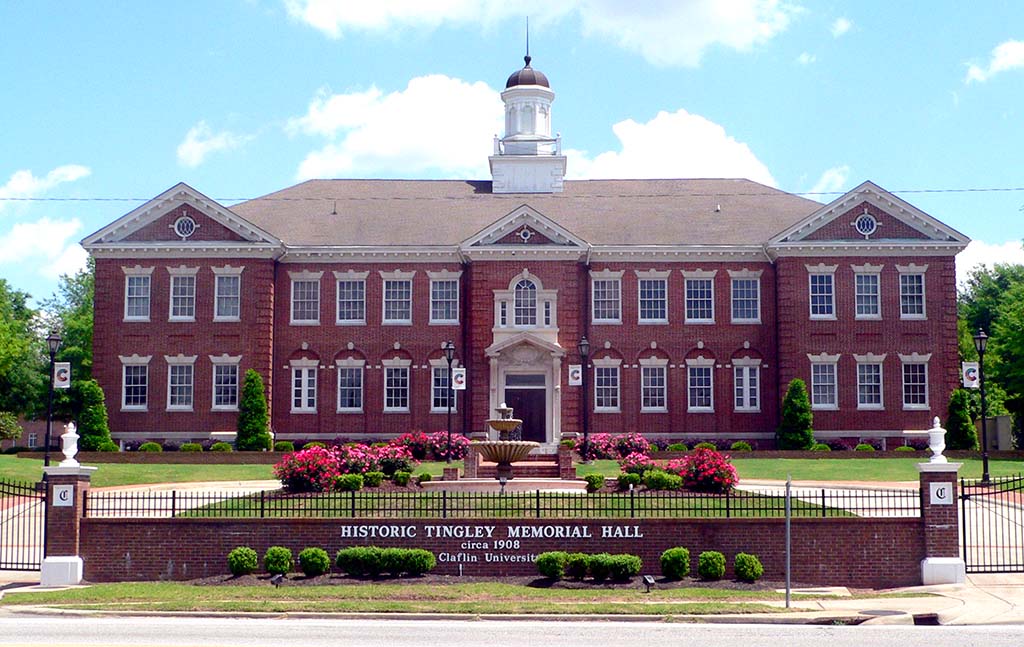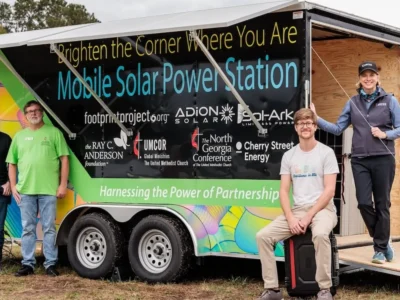If you are a student who looks at the world around you and feels like you could help make it a better place, Claflin University might be the college for you. Their tagline, “The World Needs Visionaries,” perfectly captures this desire to cast a vision for a brighter and more sustainable future.
Claflin University was founded in 1869 by Lee Claflin, a prominent Methodist layman, and his son, William Claflin, who was the governor of Massachusetts at the time. Claflin was the first South Carolina university open to everyone regardless of race. Today, it embraces its rich heritage as a historically black university while celebrating its openness to everyone, regardless of race, gender, ethnicity, or religious practice. Claflin is a comprehensive institution of higher education affiliated with the United Methodist Church.
Claflin’s Commitment to Sustainability

At Claflin, sustainability is an institution-wide effort. Claflin’s work to become a green campus and reduce the school’s impact on the environment has earned them several accolades. It is listed among Princeton Review’s Guide to 361 Green Colleges. It is also on the Building Green Initiative Top 10 Green HBCUs. The college was recognized in 2013 by the Clark Atlanta University Building Green Initiative. And in 2014, Claflin won the $25,000 Grand Prize in PepsiCo Recycling’s Campus Recycling Challenge.
So, what has Claflin done to receive such recognition? Several years ago, the university launched new, campus-wide sustainability initiatives. These initiatives included installing recycling bins across campus, researching biofuels and bioremediation, promoting environmental awareness throughout the student body, eliminating trays in the dining hall, launching a new campus energy policy, installing solar panel systems in several campus buildings to reduce energy consumption, purchasing hybrid campus cars for long distance travel, installing biodigester equipment in the dining hall to compost food waste, and incorporating numerous sustainability initiatives into the construction of a new space on campus, the Claflin Commons. The University’s research with biofuels and bioremediation has resulted in added knowledge about removing Chromium-6, a cancer-causing chemical found in drinking water.
And there’s more! The campus also hosts an annual Earth Day celebration and tree planting that features local businesses and organizations that support sustainability. Through its Fiscal Affairs Green Projects, the business office has significantly reduced its use of paper forms with online direct deposit, online check stubs, and electronic timesheets. Water bottle refill stations exist across campus. Hydris, an onsite generation system, produces a sustainable cleaning solution that is used by housekeeping. And any clothing left by students in their residence halls after the spring semester is donated to Goodwill.
Moving forward from this sustainability program implementation period, the campus established the Sustainability Taskforce Committee to assess the sustainability efforts of the university, to monitor its ongoing progress, and to plan for additional methods of reducing the school’s impact on the environment.
Sustainability Student Learning Opportunities

Students who are ready to dedicate their careers to understanding and improving our relationship with the Creation that God gave us can enroll in the environmental science major. But anyone in any field of study who is passionate about sustainability and social justice is invited to join the Sustainable Development and Social Justice Program (SDSJ).
The SDSJ program is an interdisciplinary opportunity that combines sustainable development, social justice, and leadership. Students from a variety of liberal arts majors participate in this program to bring together thinkers from across the academic spectrum for a variety of perspectives on complex issues.
The program invites students to attend regular meetings to discuss competing theories of economic development “as well as the various political, social, and economic issues our partner communities may face given their history, geography, culture, and economy.” Students partner “with communities in the developing world to research and implement sustainable initiatives for human, social, and economic development and justice.”
This is a big idea, big impact, big vision kind of program, acknowledging that there are many facets of society that must come together for community transformation. As part of the program, students interact with communities in the developing world. International program opportunities are available at The University for Peace, Costa Rica; Universidade Metodista de São Paulo, Brazil; The Kokrobitey Institute, Ghana; and Tunghai University, Taiwan ROC.
Clubs and Organizations
Outside of academics, students have opportunities to connect with the causes that matter most to them. Claflin is home to the Ernest E. Just Biology Club, an honors club for Biology majors. It also hosts a chapter of Enactus, or Entrepreneurial Action US, which is “the world’s largest experiential learning platform dedicated to creating a better world while developing the next generation of entrepreneurial leaders and social innovators. The Enactus network of global business, academic and student leaders are unified by our vision—to create a better, more sustainable world.”
Friends of the Earth is the face of the student-led sustainability efforts on Claflin’s campus. They host events, partner with faculty and staff to keep pushing forward sustainability initiatives that make a difference on campus, and participate in community programs to advocate for and advance the cause of creation care.
Those students who aim to become a visionary for their future can find fertile ground for growth at Claflin University.





 Copyright
2024
Root and Vine
Copyright
2024
Root and Vine